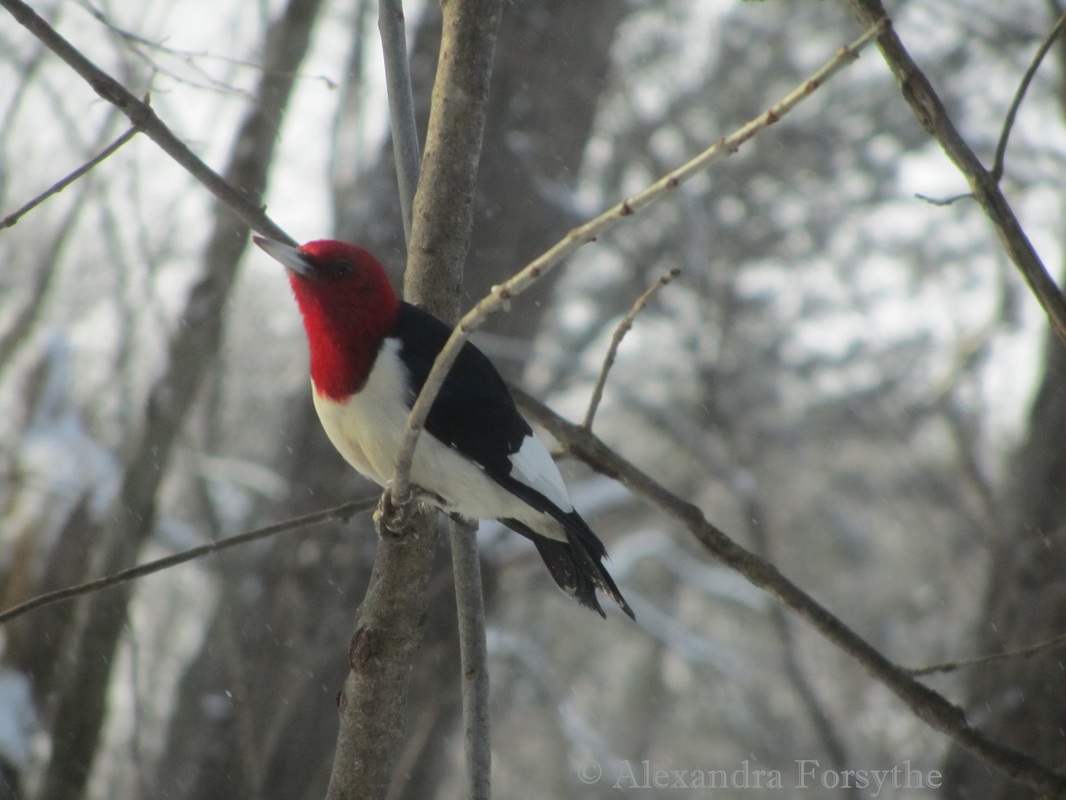“The marsh, that can die and yet return to life in the first breath of spring, seems each
year to repeat anew to its lovers,” wrote Gene Stratton-Porter in “Music of the Wild”
which was published in 1910. She wrote very descriptively about the songs of the marsh.
Her nature writings of the Limberlost are timeless. She could be describing the spring of 2015.
“It is the marsh that furnished the croakings, the chatter, the quackings, the thunder and
the cries,” Gene knew that the sounds of the marsh are heard both day and night. She
especially loved the birds and their calls. The birds that Gene observed, photographed
and studied are species that make their home at least part of the year at Limberlost today.
Gene described the whip-poor-will’s song as “unmusical” and a cry with peculiar notes
that was “mingled always with the mystery of the dark.” Another species of the night
were the owls which Gene had a special affection. She wrote that “the maestro of all
night musicians is the great horned owl. The big hollow sycamores and the impenetrable
thickets around the marsh are his birthright.”
“The water carries sound clearly and for such distances for the woodpeckers and
flickers,” Gene noted. With their tap, tap, tapping on the trees, they are the drummers
of the marsh. Yellow-shafted Flickers, Downy, Red-bellied, Red-headed, and Pileated
Woodpeckers inhabit this area.
The great blue heron makes a “rasping scream” and the male’s voice “is its best when
he calls his mate,” according to Gene. In 2013, the herons had a rookery by the Wabash
River and are again raising their young in the Limberlost area. January and February of
2012 were so mild, some herons overwintered here.
Flocks of wild ducks, especially in spring migration, can make “entrancing music”
according to Gene. Early in 2012, Ken Brunswick estimated that there were between
3000 and 4000 waterfowl at Limberlost. The beating of their wings as they take off for
flight is incredible to witness.
The late spring the last of the arrivals come back to nest. “The rushes are weighted
with bobolinks, and the air resounds with their sweet, liquid notes. A few days later the
straying killdeer and upland plover return, and the blackbirds and tanagers sweet upon us
in countless numbers,” noted Gene. She loved the “endless variety of exquisite tones.”
We hope that this spring you can spend some time at the Limberlost and Loblolly Marsh
and enjoy the music of the marsh.
Writer’s note: All the above quotes by Gene Stratton-Porter are from “Music of the Wild”

 RSS Feed
RSS Feed
